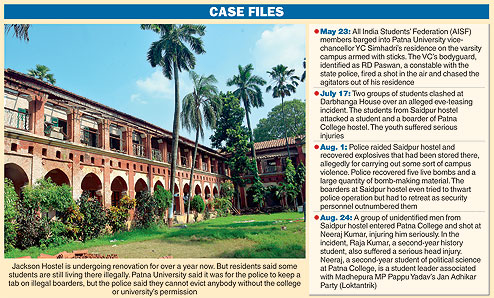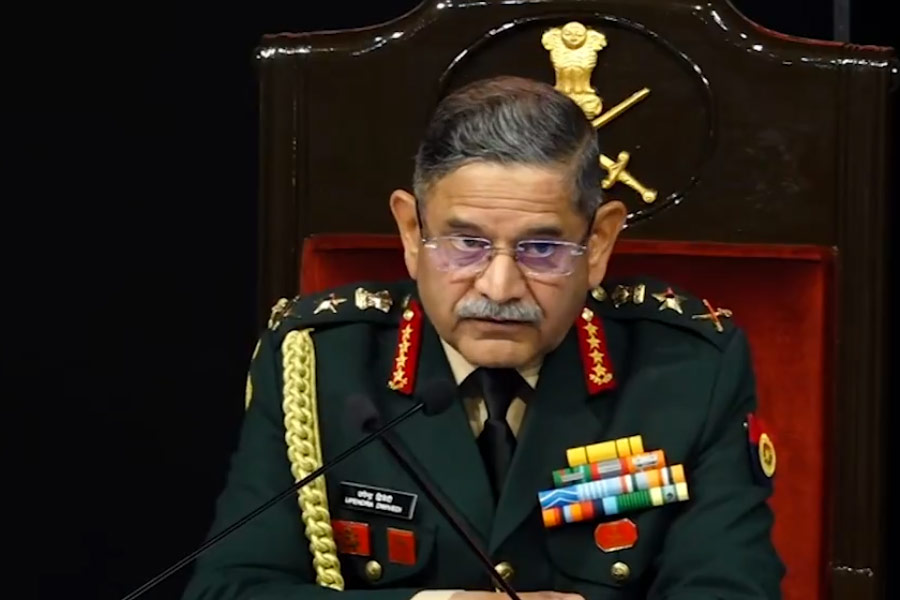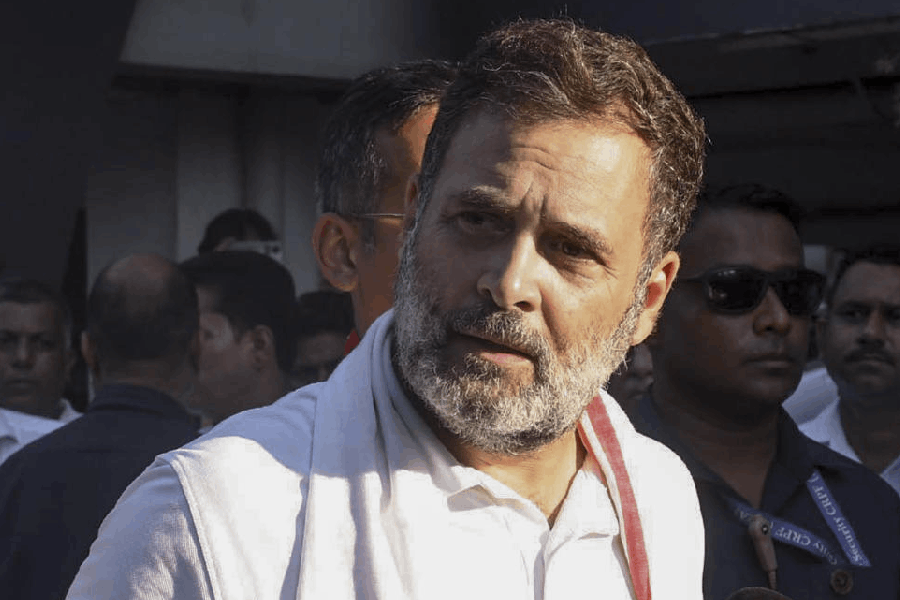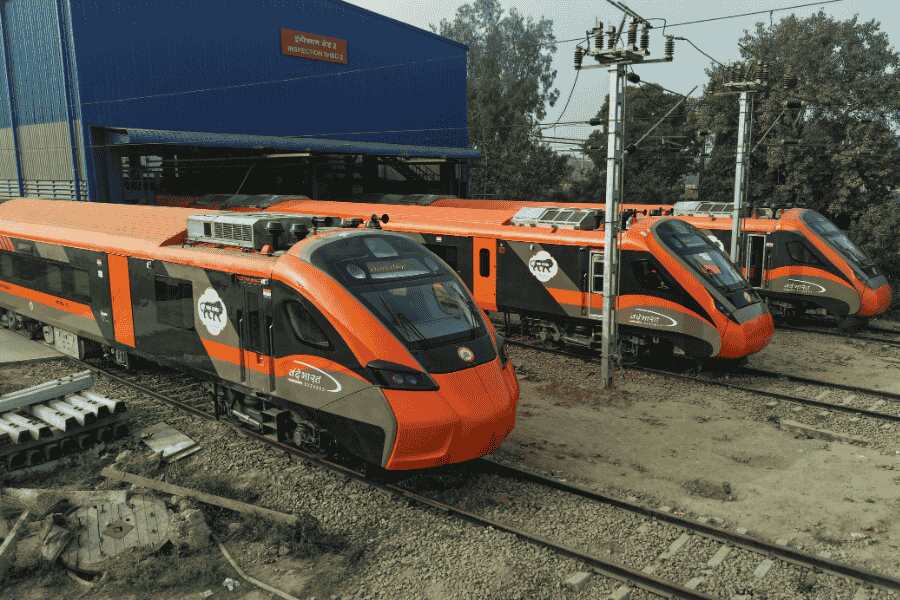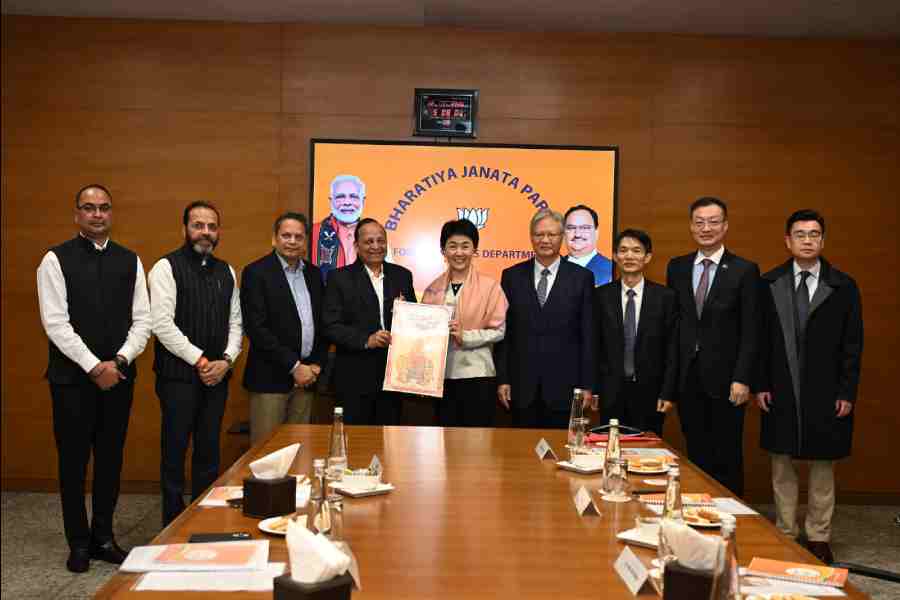SCHEMES HIT BY PAYMENT BLUES
The traffic signals project in Patna has virtually collapsed, thanks to delay in payment to the contractor by Bihar Urban Infrastructure Development Corporation (BUIDCo).
Over a year since work commenced, signals have been installed at 60 of 88 locations and are functional at just 33. The only silver lining is complete automatic functioning of the existing signals with connectivity to traffic control room is expected from April 1.
BUIDCo has jeopardised several other projects over payment issues in the past.
Last year, a Delhi-based firm had stopped work mid-way on a project related for setting up modern bus queue shelters in the city.
Similarly, the operator of JNNURM city service buses suspended operations last November over payment issues. (See chart)
"The Indian arm of Netherlands-based firm ARS&TT, which is installing traffic signals in the city, recently informed us that BUIDCo was not paying them regularly," said a senior state government official. "The project was initially stipulated for completion within six months, but a year later, not even half of the work has got completed."
BUIDCo had awarded ARS&TT the contract for installing traffic signals at 88 locations in the city at an estimated outlay of Rs 25.20 crore and commenced work on it last February.
Traffic superintendent of police P.K. Das claimed all 33 functional traffic signals would be made adaptive by March 31. "All 33 traffic signals would be connected with the traffic control room by March 31 and their operation would be completely automatic. Cameras installed at every signal would monitor vehicle movement at road intersections," said Das.
Under the adaptive traffic-signal system, the timing for signal change would hinge on actual traffic demand. This is done using an adaptive traffic control system involving both hardware and software.
Sources claimed that the traffic control room at the office of senior superintendent of police (SSP) in north Gandhi Maidan will have flash commands for all interconnected signals and be able to change operational lights and their durations with help from a computer keyboard. It will also be able to provide a constant "through corridor" or "green corridor" in case of VIP movements or medical emergencies. When this happens, all signals on a particular route will be turned green to facilitate uninterrupted movement of vehicles. Traffic flow will be constantly monitored on large plasma screens set up at the control facility.
Asked about installation of traffic signals at the remaining places, the traffic SP claimed BUIDCo was looking after the work. A senior BUIDCo official claimed that funds for installation of the traffic signals are available with it . But the funds have not been released to the contractor.
The project has witnessed hiccups primarily because of lack of planning. On January 21,six traffic signals on Kargil Chowk, JP roundabout, R-Block, the Satmurti area, the Chitkohra area and Patel roundabout, were switched off on the orders of Patna divisional commissioner Anand Kishor. The divisional commissioner had said the signals had no use at present and could be used only in the future.
The traffic signals are being installed as part of a "city-operational plan" mandated by ministry of urban development for running under the centrally sponsored Jawaharlal Nehru Urban Renewal Mission (JNNURM). As per the city operational plan for Patna, 216 modern bus queue shelters and electronic traffic signals are to be installed for operating 260 buses.

